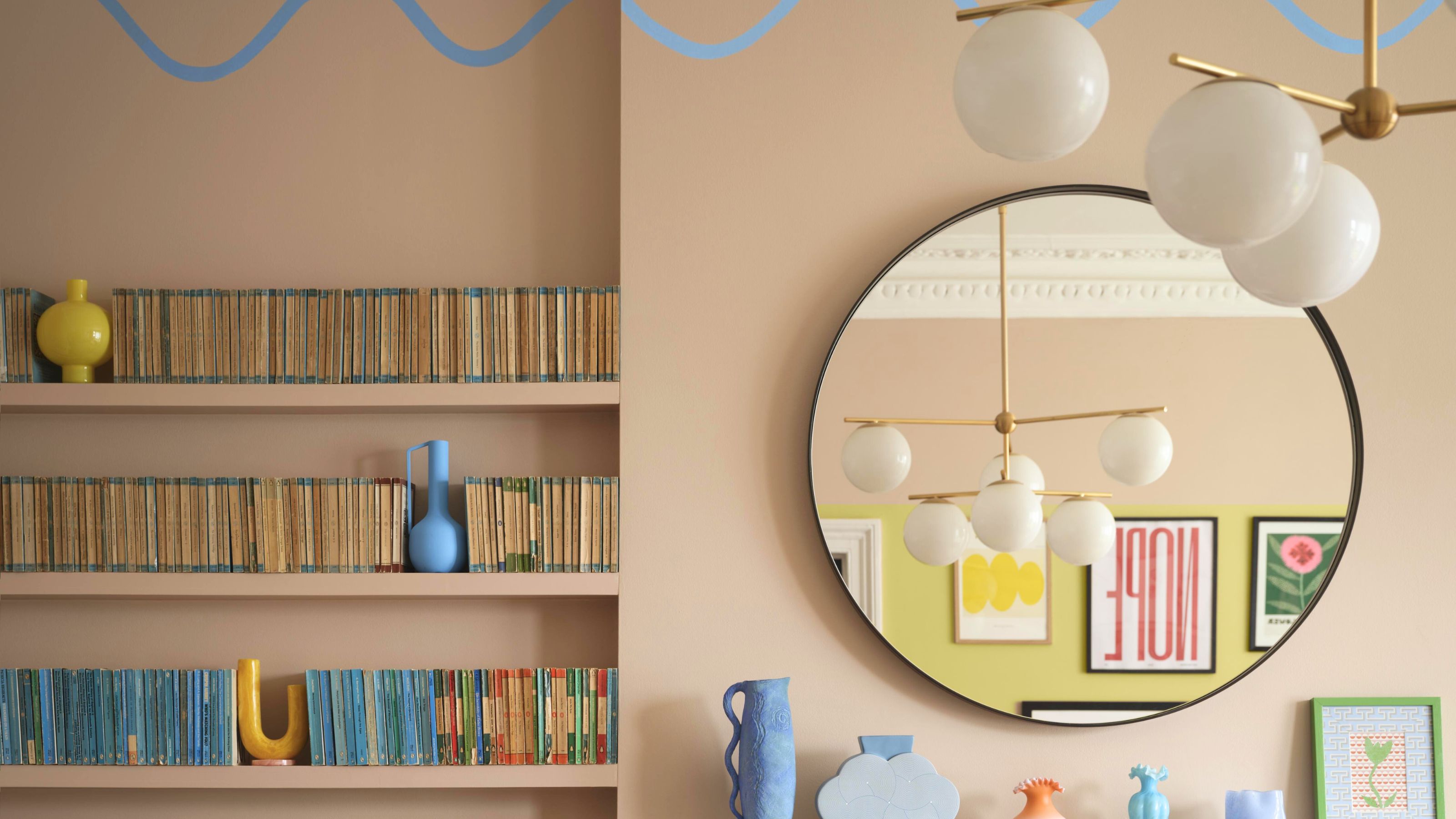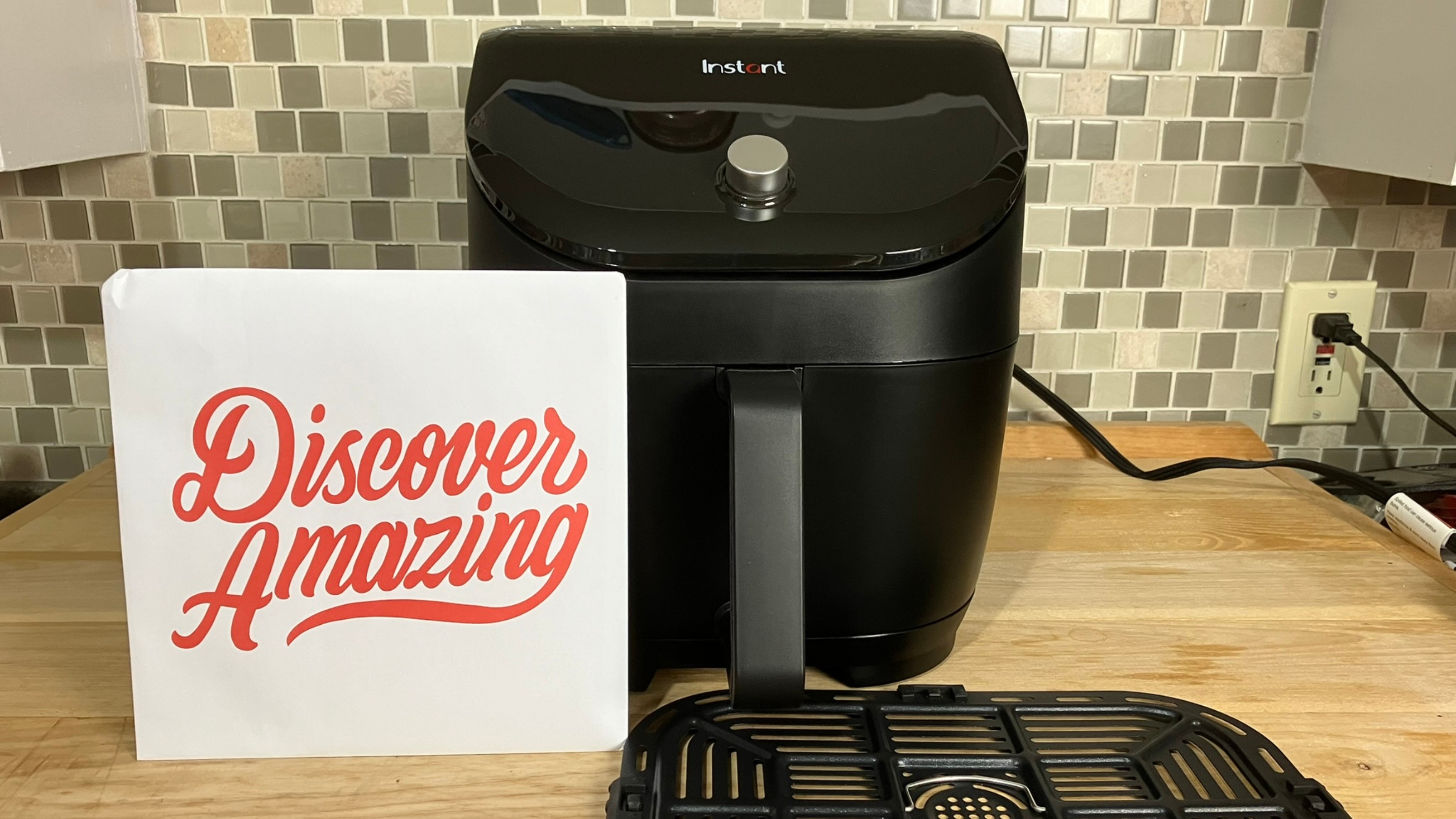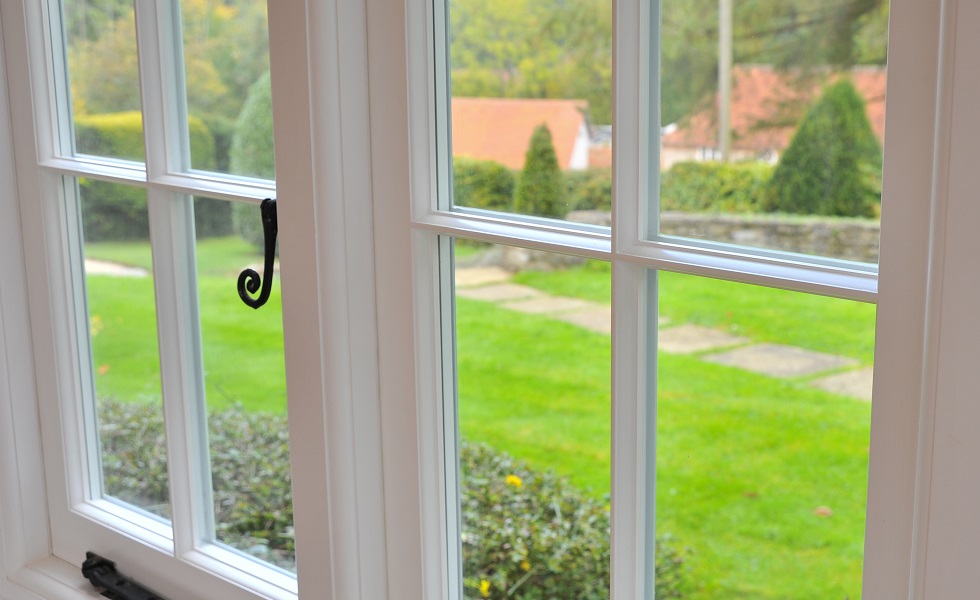
When looking to replace your windows and doors, it is important to consider the type of glazing alongside the window’s U-value.
A U-value measures how well heat is transferred from your window in or out of the building. The lower the U-value the better the heat conservation.
Single Glazing
Often a requirement in listed buildings, single glazing is where the window or door is glazed with a single layer of glass.
All original windows and doors in period properties would have had single glazing. However, most people now view having single glazed windows as a disadvantage due to the high level of heat loss.
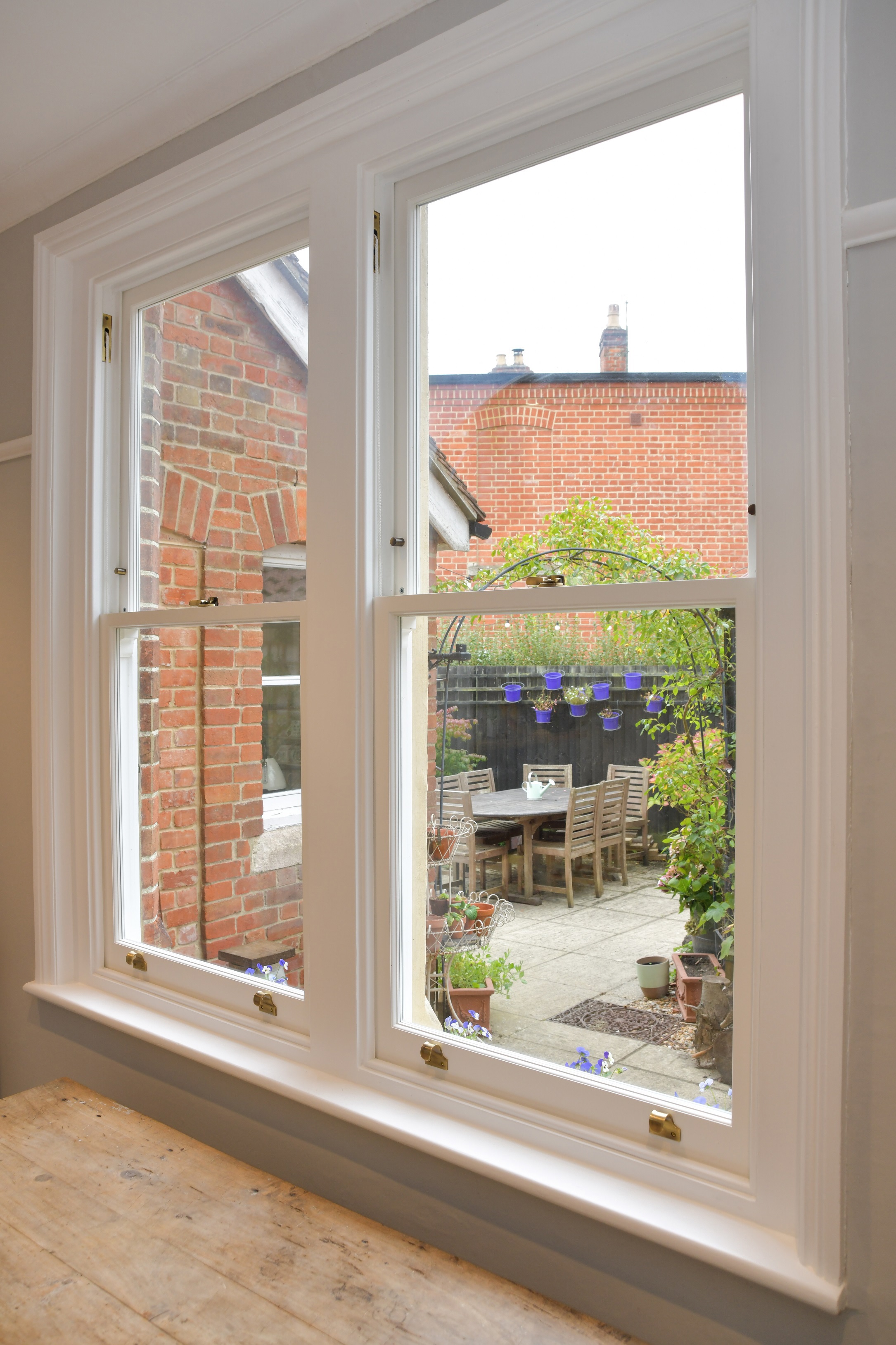
Double glazed timber sash windows manufactured and installed by The Sash Window Workshop.
Double Glazing
Double glazing has been widely used for timber windows and doors for over 40 years. A double glazed unit comprises of two sheets of glass separated by an air gap. The air gap helps reduce the heat conduction between the panes. This allows heat to be retained in the winter and to keep your home cooler during the hotter summer months.
To further improve thermal efficiency, gases, such as Argon, xenon or krypton, is often pumped into the airspace between the two glass panes.
While an average single glazed window will have a U-value of 4.8 this drops drastically with the installation of double glazing, with a typical double glazed window having a U-value of around 2.3.
Find out more about double glazing glass options
Triple Glazing
Triple glazing operates in the same way as double glazing but with an extra pane of glass. It is worth noting that triple glazed windows often do not fit in period properties due to the thickness of the windows.
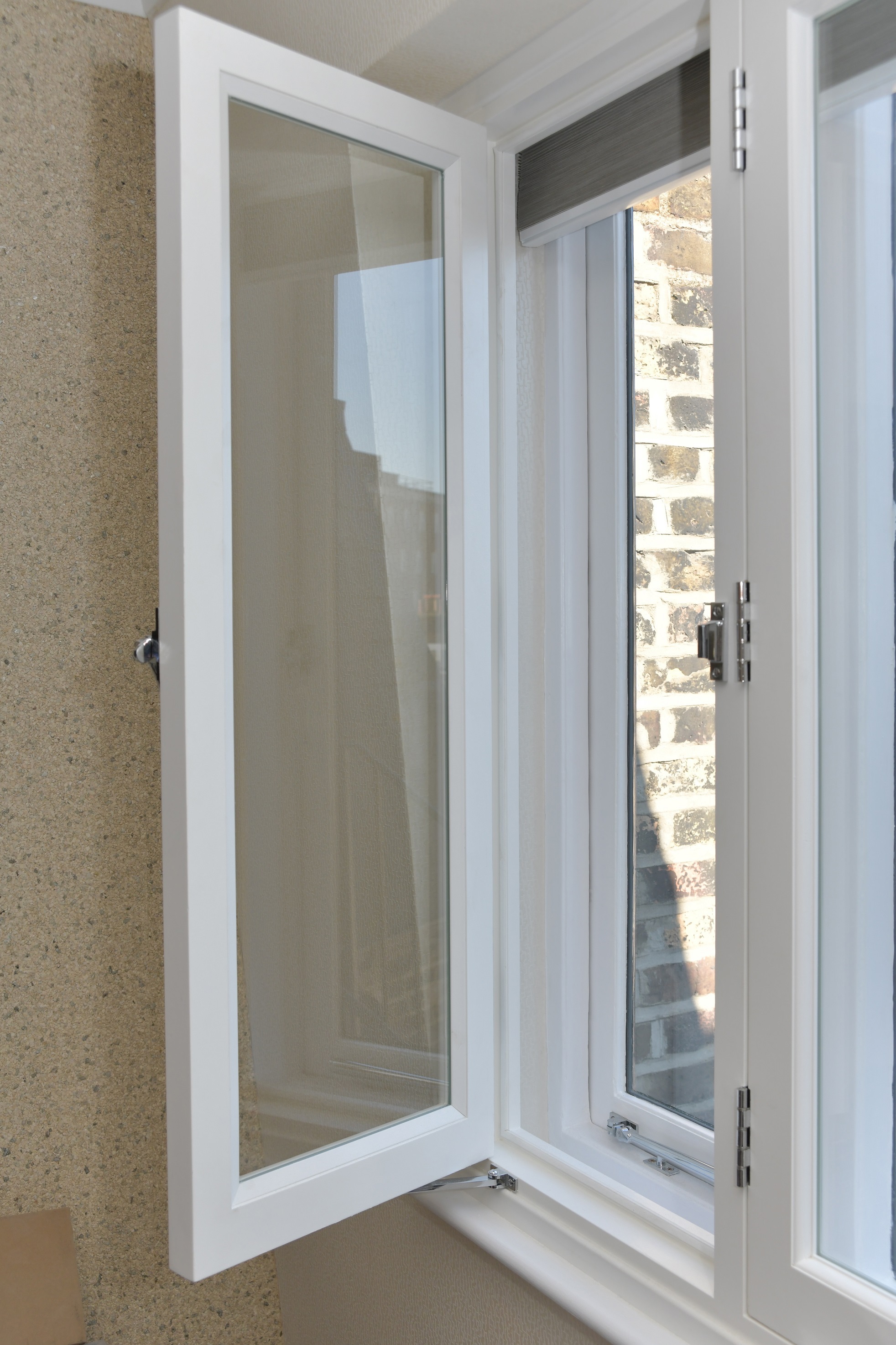
Casement window secondary glazing manufactured and installed by The Sash Window Workshop.
Secondary Glazing
Not to be confused with double glazing, secondary glazing is where a separate window is installed internally to improve thermal efficiency and reduce noise. This is popular in listed buildings where double glazing or triple glazing is unlikely to be approved.
Secondary glazing provides all the thermal and noise reducing benefit of double glazing while retaining the existing windows. However, it is worth noting that you will have to open two windows anytime you wish to circulate fresh air into the room.
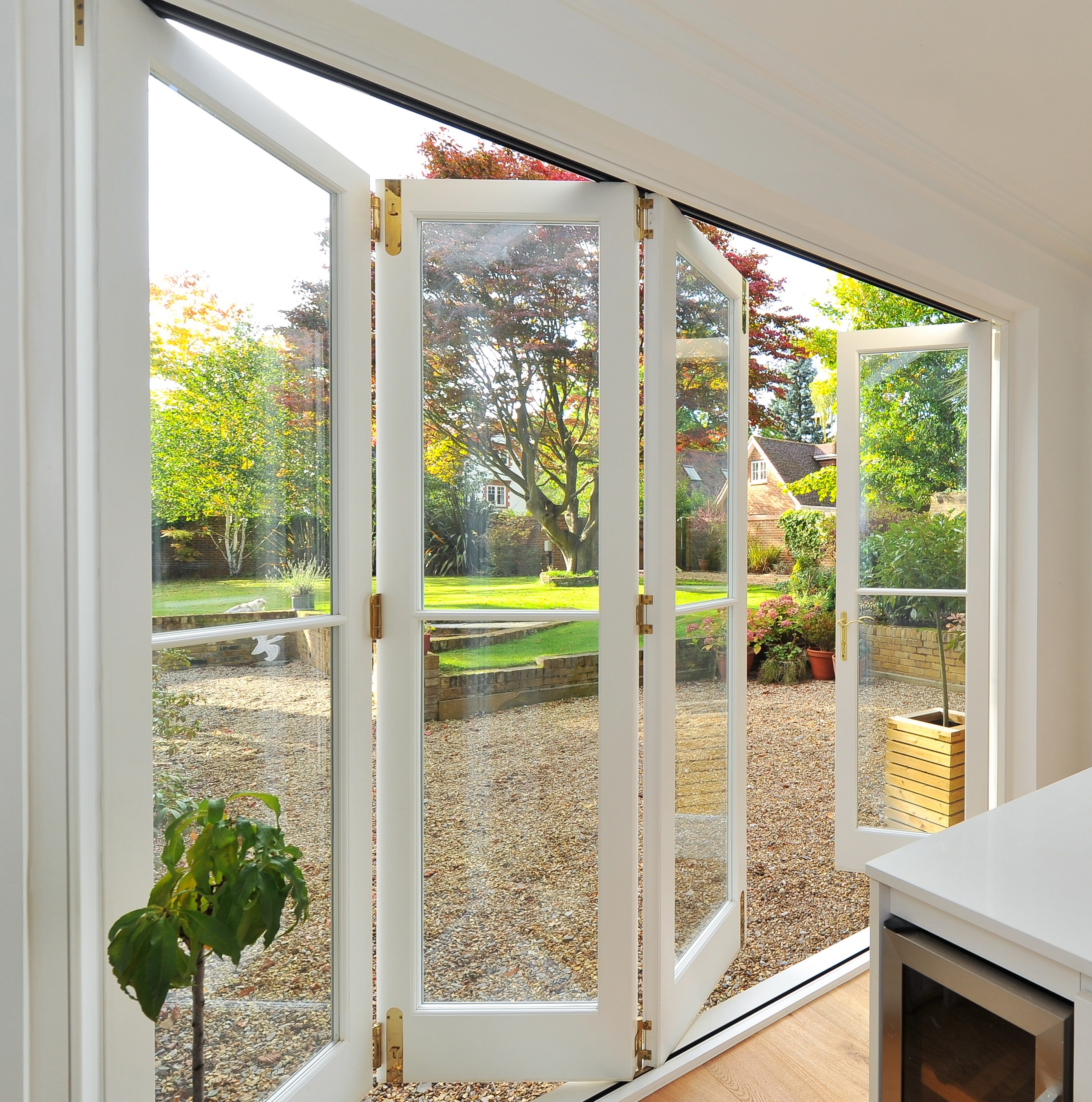
Bi-fold door with safety glass manufactured and installed by The Sash Window Workshop.
Glazing Choices
Depending on the location of the window or door, there are different types of glass you can choose. Each of these have their own specific benefits. Below are some examples of the different specialist glass options:
Acoustic glass is designed to reduce noise coming into the property through the glass.
Safety glass is designed to shatter into small pieces when it is hit hard, reducing the chance of injury. This is a legal requirement in glass below a certain height from the floor level.
Obscure Glass, also known as Opaque, is any textured glass and is often used for increased privacy or decorative effects. Examples of obscure glass include frosted or etched glass.
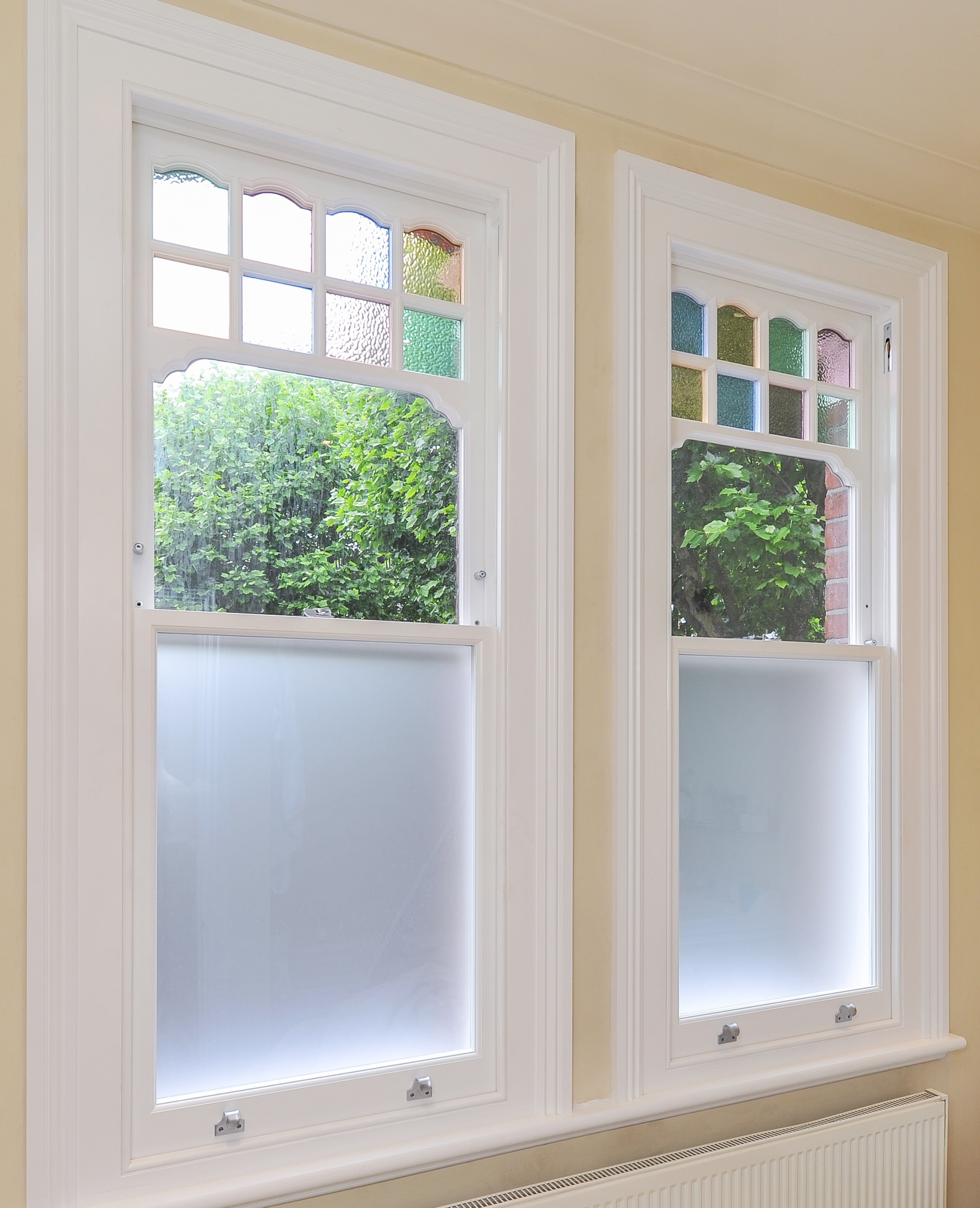
Sash windows with obscure glass manufactured and installed by The Sash Window Workshop.
Obtaining Quotes
When replacing your windows or doors, speak to the companies you are obtaining quotes from about the different glass options. A specialist window and door company should be able to advise you of the best glass to meet your needs.
The Sash Window Workshop have over 20 years’ experience manufacturing and installing timber windows and doors across London and South England. The company also offer a supply only service for new joinery nationwide. To obtain a free, no obligation quotation contact The Sash Window Workshop on: 01344 868 668
Join our newsletter
Get small space home decor ideas, celeb inspiration, DIY tips and more, straight to your inbox!
Real Homes is committed to sharing the best advice on everything from renovating your home to what products to fill it with. From DIY how tos, to ideas galleries and reviews Real Homes offers knowledge and expertise to help you do what you need to do, in a way that hopefully makes the process fun and easy. Our sponsored content is not an editorial endorsement, but allows you to connect with brands to assist your home renovation journey and alerts you to products you may not have known about before.
-
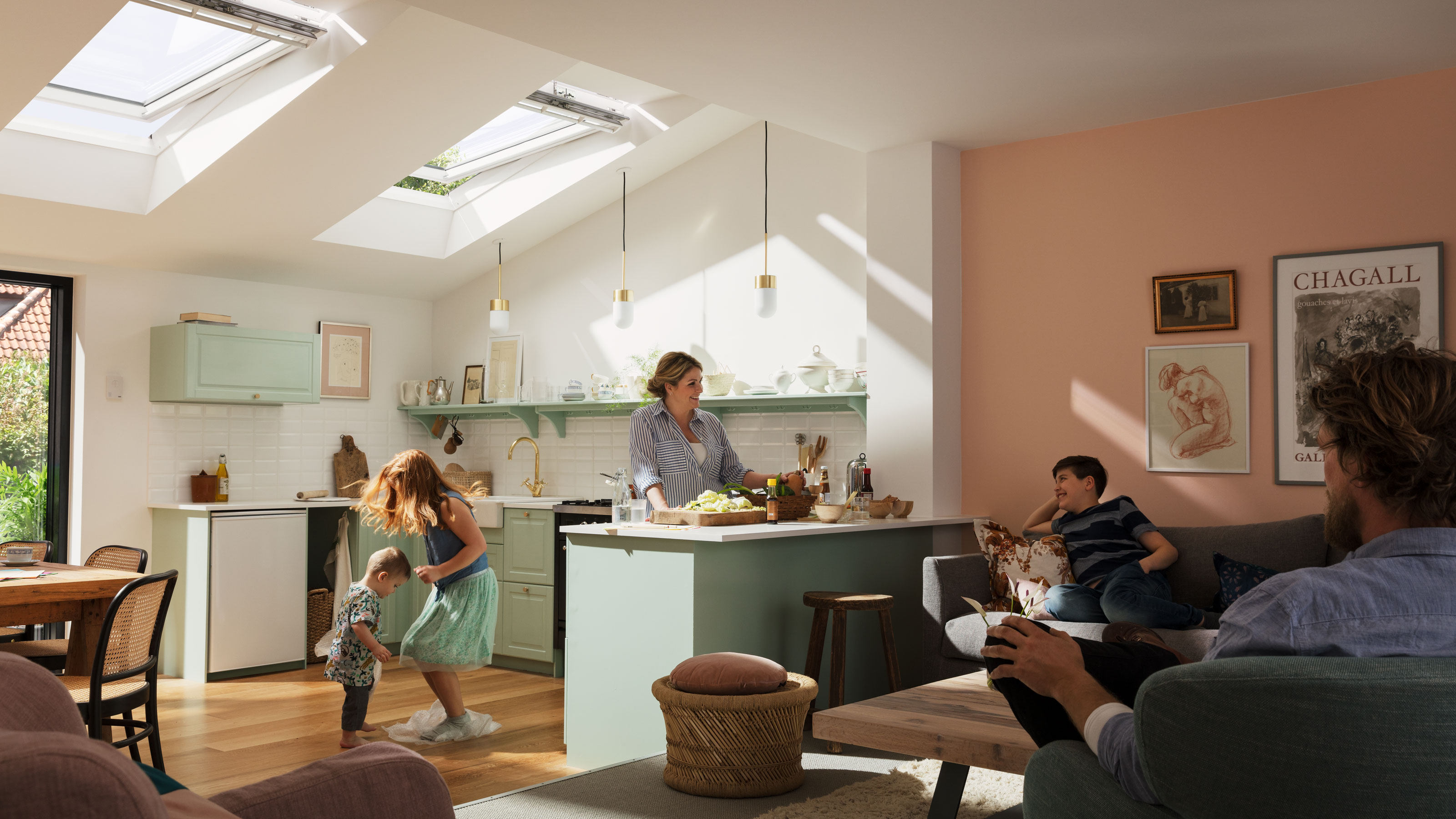 Show off your latest home renovation with VELUX!
Show off your latest home renovation with VELUX!VELUX is on the lookout for some great examples of beautiful daylight transformations
By Sponsored Published
-
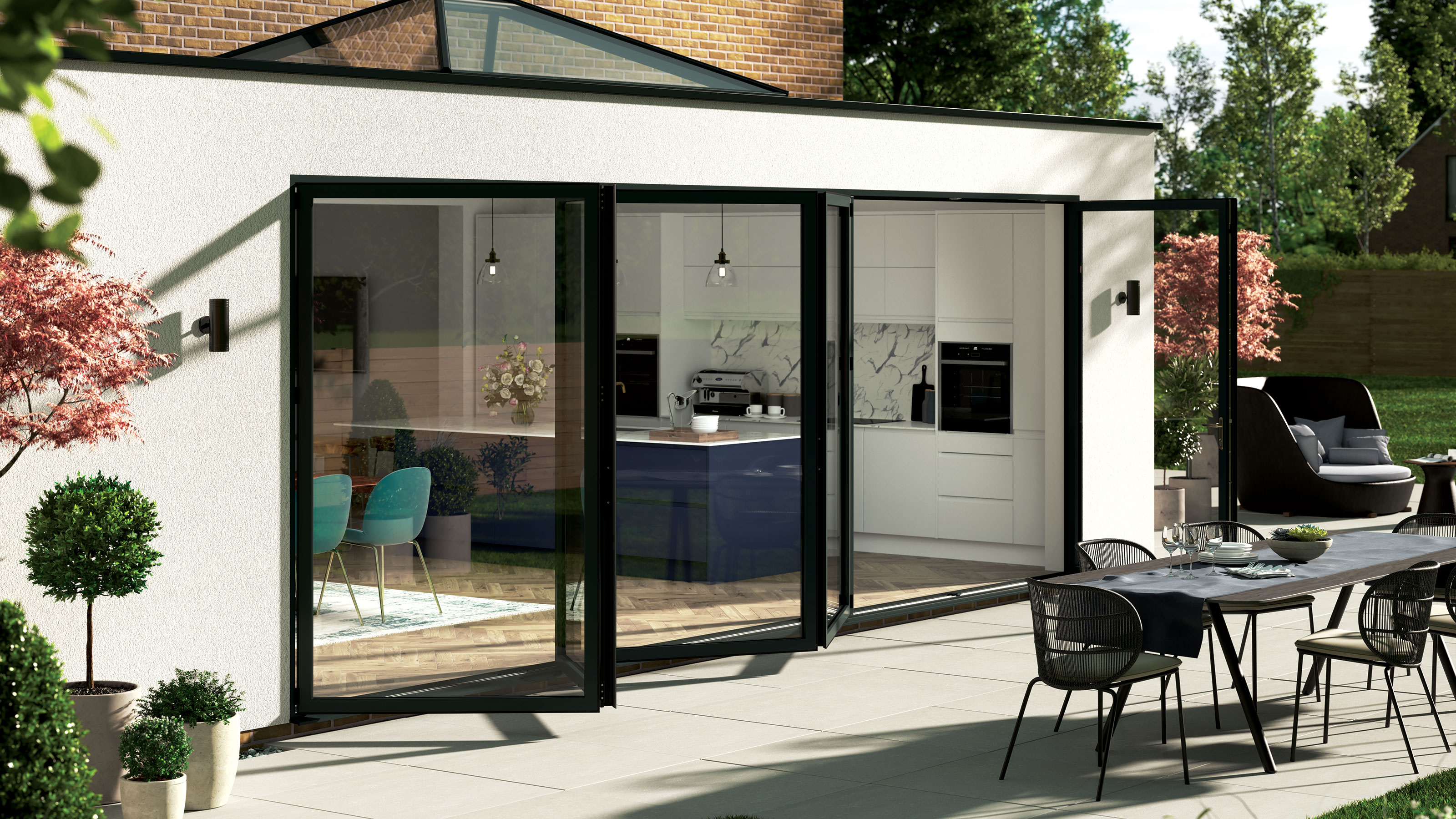 Rethinking the fundamental features of your home
Rethinking the fundamental features of your homeBy Sponsored Published
-
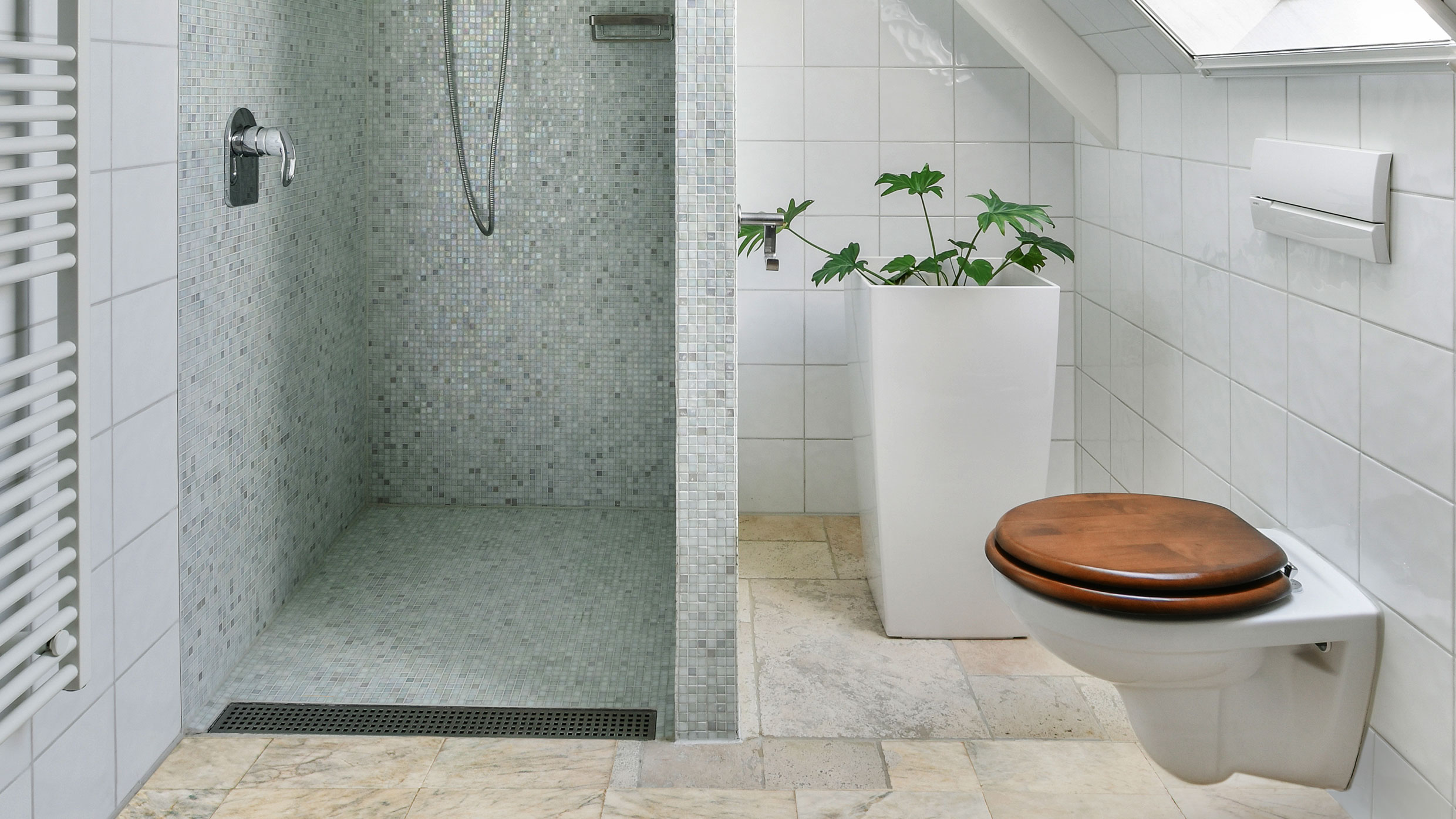 Discover your home's potential with a macerator
Discover your home's potential with a maceratorTurned wasted space into dream bathrooms and kitchens with Saniflo macerators and pumps that work anywhere
By Sponsored Published
-
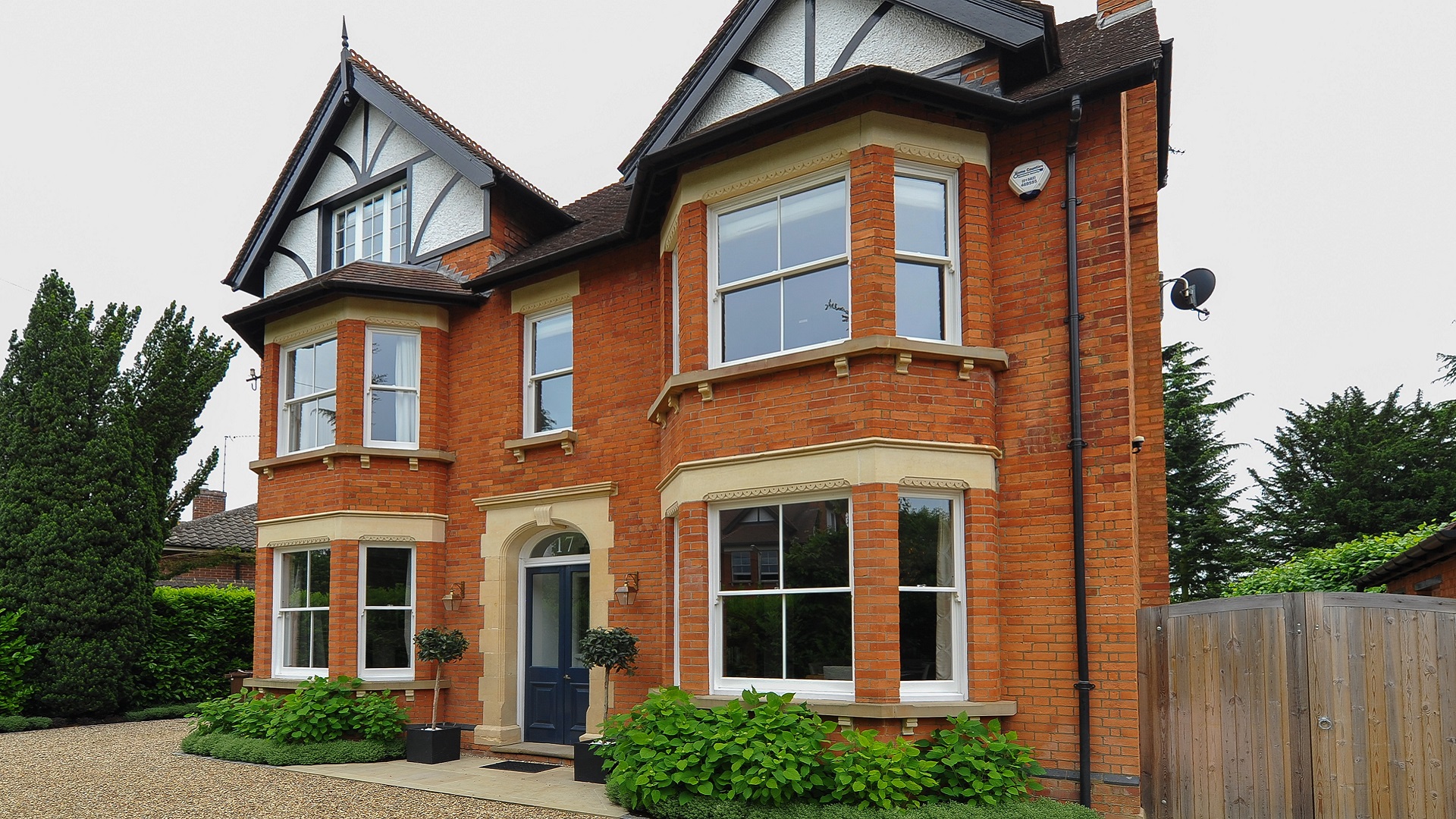 A 5-step guide to replacing the windows in your period property
A 5-step guide to replacing the windows in your period propertyBy Sponsored Published
-
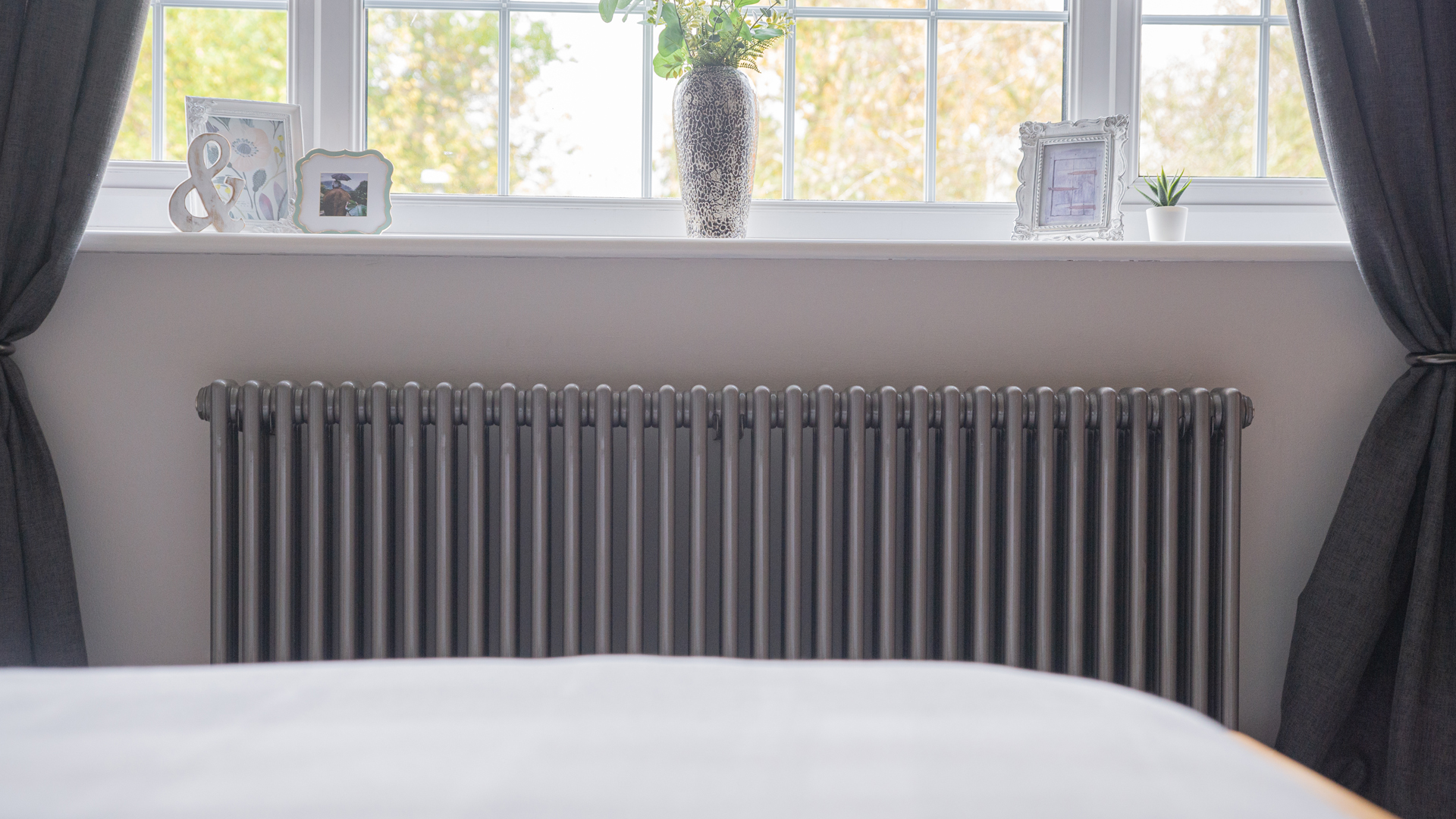 Choose column radiators to give your home enduring style
Choose column radiators to give your home enduring styleThe efficiency and elegant looks of the column have guaranteed its popularity over more than a century
By Sponsored Published
-
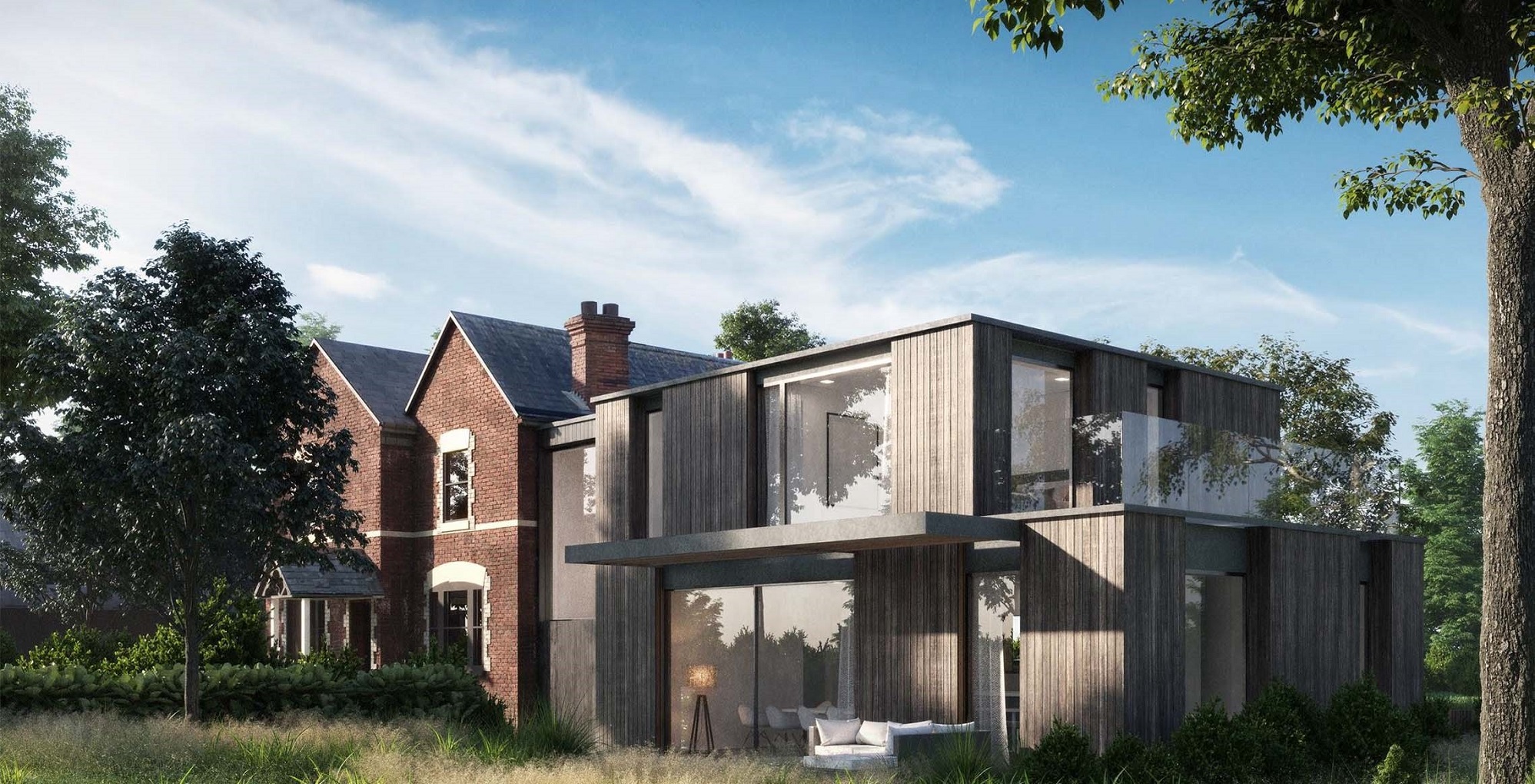 Choose wow-factor glazing for your dream home
Choose wow-factor glazing for your dream homeStunning solutions from Schüco can bring in the light through a statement feature
By Sponsored Last updated
-
 5 reasons to use sheep's wool for your home insulation
5 reasons to use sheep's wool for your home insulationHere's why insulating your home with sheep's wool is good for your home, your health, and the environment
By Sponsored Published
-
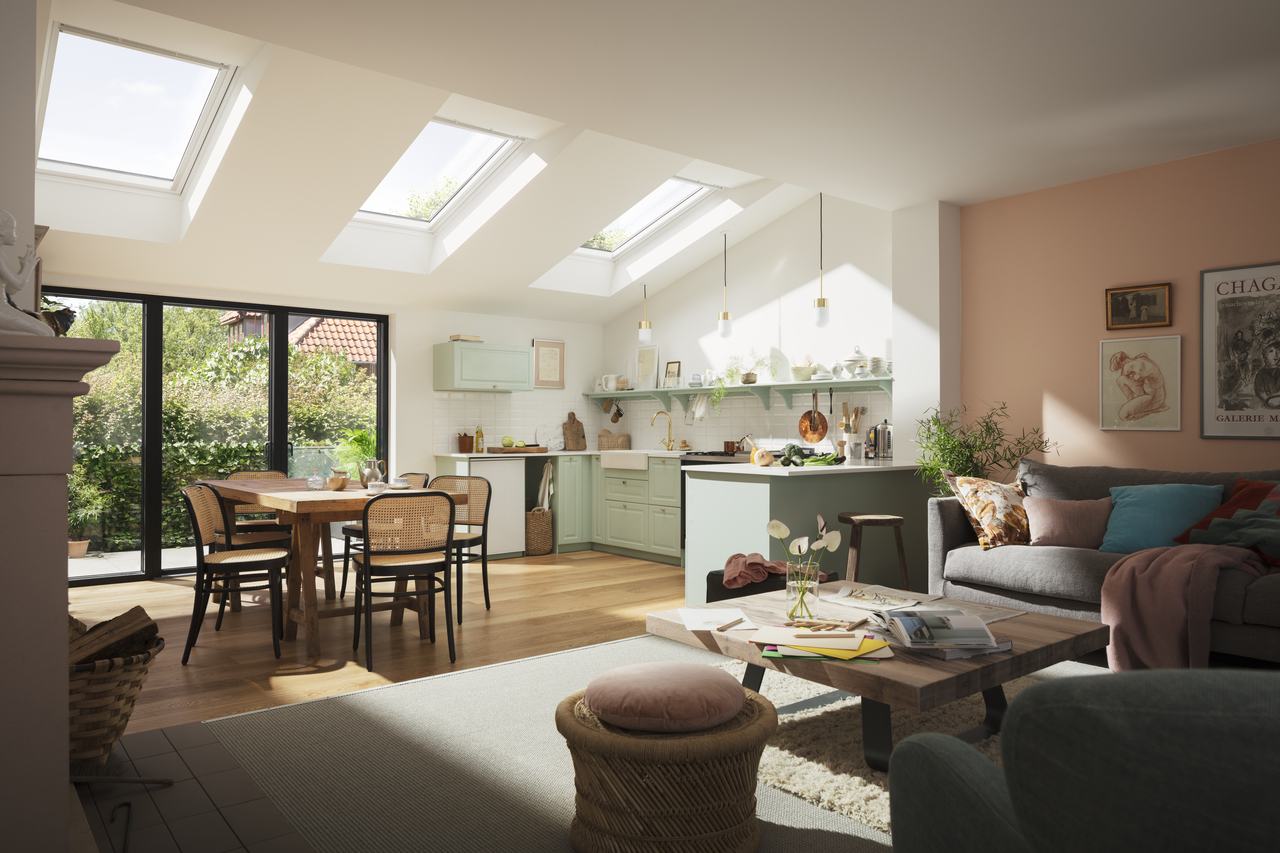 Saving daylight: how to make sure your extension or loft conversion gets enough sunlight
Saving daylight: how to make sure your extension or loft conversion gets enough sunlightYou’re adding space but have you made sure you won’t be losing light? Find out how to plan natural light into your extension or loft conversion project
By Sponsored Last updated
